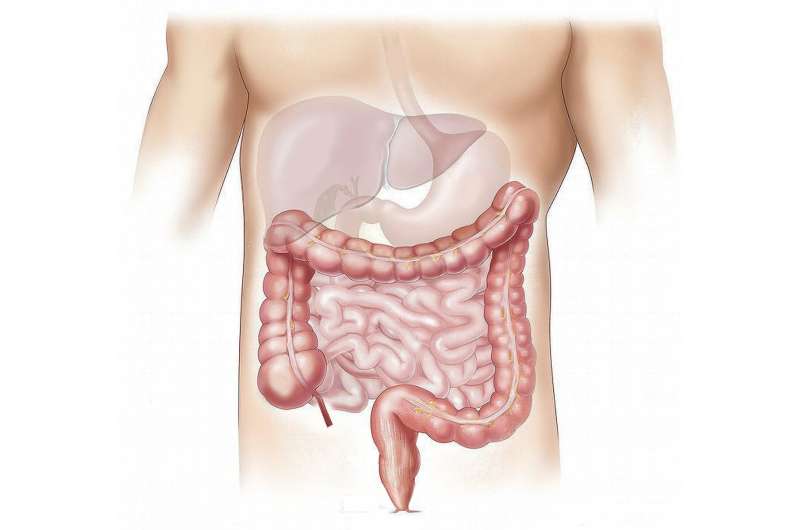New Biomarkers in Gut Microbiome May Predict 'Invisible' Chronic Fatigue and Long COVID

Innovative research identifies hidden biomarkers in the gut microbiome that could revolutionize diagnosis and treatment of chronic fatigue syndrome and long COVID, offering hope for personalized care based on gut health insights.
Recent research has uncovered previously undetectable biomarkers within the gut microbiome that could significantly enhance the diagnosis and understanding of conditions like chronic fatigue syndrome (ME/CFS) and long COVID. These findings stem from the analysis of data from 249 individuals using an innovative AI platform that examines stool, blood, and routine lab tests to identify disease-related biomarkers. The study achieved an impressive 90% accuracy in distinguishing ME/CFS patients, offering hope for more reliable diagnostic tools in a field where clear biomarkers are scarce.
Chronic fatigue syndrome, characterized by persistent fatigue, sleep abnormalities, dizziness, and pain, often remains underdiagnosed due to the lack of definitive laboratory tests. Due to its similarities with long COVID, which frequently follows viral infections like Epstein-Barr virus, understanding and diagnosing these conditions has become a priority. The research involved collaboration between scientists at Jackson Laboratory, Duke University, and the Bateman Horne Center, led by Dr. Julia Oh and Dr. Derya Unutmaz.
Utilizing advanced omics technologies, the team mapped a complex web of interactions involving the gut microbiome, metabolites, immune responses, and clinical symptoms. They found that alterations in gut bacteria and their metabolic products could predict symptom severity and specific issues such as gastrointestinal and sleep disturbances. Notably, patients with longer illness durations showed more entrenched disruptions, suggesting that early intervention might be critical.
The study also revealed that ME/CFS patients have lower levels of beneficial fatty acids like butyrate and alterations in immune cell activity, especially involving MAIT cells that respond to microbial health. These insights could pave the way for personalized treatment approaches targeting gut health.
While further validation is needed, this groundbreaking research provides vital clues into the biological underpinnings of ME/CFS and long COVID. It emphasizes the potential of combined microbiome, metabolome, and immune data to develop precise diagnostic tools and targeted therapies. The researchers aim to expand their dataset and the application of BioMapAI, a deep neural network that integrates diverse biological data types, to uncover modifiable factors and ultimately improve patient outcomes.
Source: https://medicalxpress.com/news/2025-07-previously-undetectable-biomarkers-gut-microbiome.html
Stay Updated with Mia's Feed
Get the latest health & wellness insights delivered straight to your inbox.
Related Articles
New Guidelines for Core Data Collection in Systemic Lupus Erythematosus Care
EULAR has introduced new recommendations for a standardized core dataset to improve clinical care and research in systemic lupus erythematosus, promoting data consistency and advancing patient outcomes.
Identification of Blood Proteins That Predict Future Cognitive Decline
New research from Singapore identifies blood proteins that can predict future cognitive decline and dementia, offering promising avenues for early detection and intervention.
Combining Molecular Breast Imaging with Digital Breast Tomosynthesis Enhances Detection in Dense Breasts
This study reveals that supplementing digital breast tomosynthesis with molecular breast imaging significantly increases cancer detection rates in women with dense breasts, aiding early diagnosis and improved outcomes.



